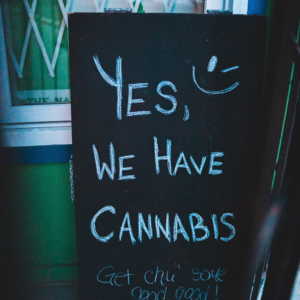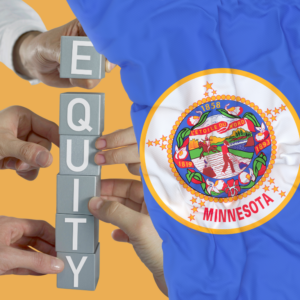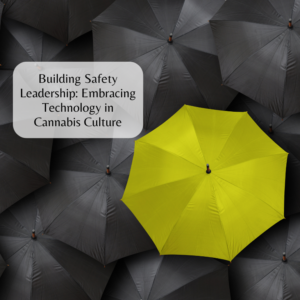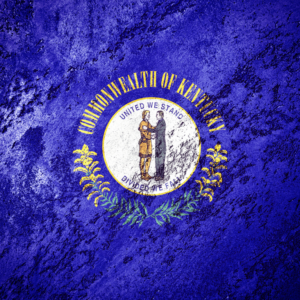Cannabis Prohibition: A Fundamental Infringement on Basic Rights

In the realm of personal liberties, few issues spark as much debate and controversy as the prohibition of plant ownership, particularly in the context of cannabis. As states like Pennsylvania move towards relegalizing cannabis primarily for financial gains, it’s high time we reevaluate the fundamental principles at stake: the right of individuals to cultivate and utilize plants as they see fit.
Constitutional Considerations
When considering the role of government in regulating plant ownership, one must ask: where does the Constitution grant the authority to prohibit citizens from growing and using plants? The truth is, there is no explicit mandate for such interference. Our founding documents emphasize individual rights and freedoms, not government intrusion into personal choices regarding plant cultivation.
Embracing Plant-Based Medicine
For many individuals, the desire to grow plants like cannabis extends beyond recreational use—it’s about accessing natural remedies and holistic health benefits. Cannabis, renowned for its medicinal properties, has shown promise in alleviating a myriad of health conditions, from chronic pain to anxiety disorders. Yet, despite its potential therapeutic value, its prohibition deprives individuals of a safe and effective treatment option.
Rethinking Priorities
In a society where alcohol and tobacco, known killers responsible for millions of deaths each year, are legally accessible, the inconsistency of prohibiting non-toxic plants like cannabis becomes glaringly apparent. Why should individuals be denied the right to cultivate a plant that poses minimal harm to themselves or others, especially when compared to legal substances with far greater risks?
Addressing Concerns
One common argument against legalizing plant ownership is the potential risk of misuse, particularly among minors. However, this concern must be balanced against the reality of existing legal substances that pose significant dangers to children. Guns, alcohol, and unsecured pharmaceuticals all present tangible risks to youth, yet they remain legal for adults. Why should plants with far fewer risks be treated differently?
In the debate over plant ownership, the central question is one of individual autonomy and personal liberty. People should have the freedom to cultivate and utilize plants for their own purposes, whether for medicinal, recreational, or spiritual reasons, without fear of government intervention. By legalizing plant ownership, we uphold basic human rights, promote access to natural remedies, and restore balance to our laws. It’s time to reclaim our freedom to grow and use plants as we see fit, in accordance with the principles of a free and democratic society.











